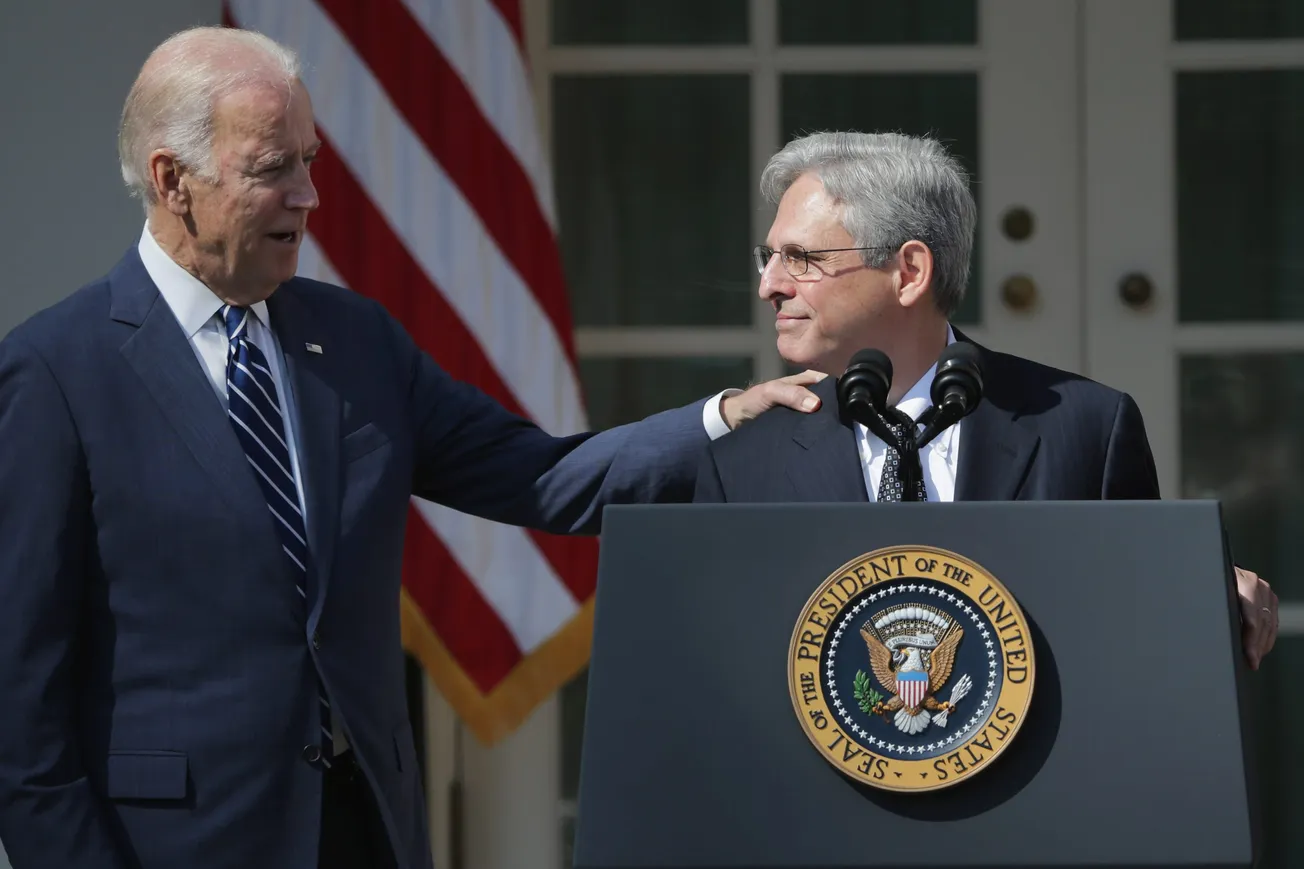U.S. Attorney General Merrick Garland has announced a moratorium on federal executions, a step that could represent a larger effort from the Biden administration to abolish capital punishment.
A statement released tonight from the Department of Justice detailed the move, adding that a review of “policies and procedures” enacted under former president Donald Trump is now underway.
“The [DOJ] must ensure that everyone in the federal criminal justice system is not only afforded the rights guaranteed by the Constitution and laws of the United States, but is also treated fairly and humanely,” said Garland.
“That obligation has special force in capital cases.”
Notably, the memorandum itself specifically cites public concerns about the death penalty writ large, including the number of exonerations in capital cases and capital punishment’s “disparate impact on people of color”.
The news comes on the heels of the latest state-level execution, carried out last night in Texas against John Hummel, 45, a mentally ill former Marine convicted of a triple homicide committed in 2009.
He was the second person executed since the inauguration of President Joe Biden, the previous also being a Texas state execution—that of Quinton Jones, 41, another mentally ill man.
Three bills concerning federal death penalty abolition were introduced at the start of the current session of Congress, and their authors issued a letter to Garland in January urging him to prioritize the matter and pressure states to end capital punishment as well.
Biden himself signaled early on in his campaign that he would bring a change in course from his predecessor, whose AG Bill Barr lifted a 17-year moratorium and killed 13 citizens between July 2020 and January 2021—the last coming just four days before Biden’s inauguration.
Today’s DOJ statement specifically cites policy changes occurring during this period, including a new protocol allowing for the use of the lethal drug pentobarbital (which some have argued causes pain during executions).
The Trump administration also began allowing for methods other than lethal injection in November, including firing squads and gas chambers (neither of which were used before his leaving office), and for expedited executions under revisions to the Justice Manual published in December and January.
“Those weighty concerns deserve careful study and evaluation by lawmakers,” Garland said in his memorandum, indicating that the review will be coordinated by the Office of Legal Policy and overseen by himself.
Until said review is complete, the DOJ will conduct no federal executions.
Before today, this point had been a question mark, with Garland having expressed support for capital punishment in the past and masterminded the first federal execution after Gregg v. Georgia—the landmark 1976 Supreme Court case which reaffirmed its use—when he worked in the DOJ under Clinton.
The three Congressional bills concerning capital punishment abolition currently remain in committee.
Nate Tinner-Williams is co-founder and editor of Black Catholic Messenger, in priesthood formation with the Josephites, and a ThM student with the Institute for Black Catholic Studies at Xavier University of Louisiana (XULA).
Want to support our work? (You have options.)













